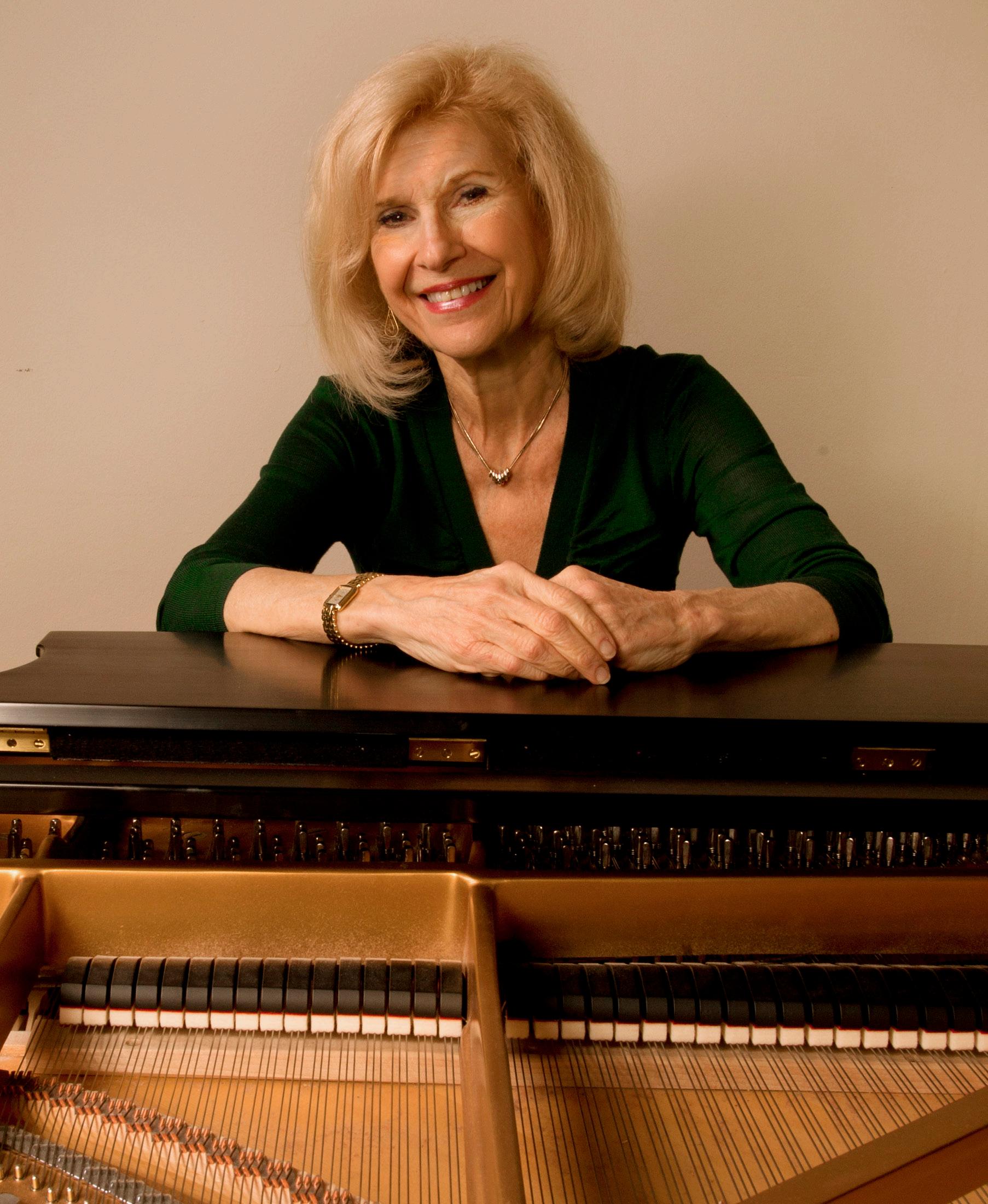Health Corner: On That Note by LYDIA HARRIS The IMPACT OF MUSIC on well-being from birth through your amazing aging, and beyond We each have a favorite song. Dr. Lara Ronan, a neurology professor at Dartmouth College, shared in the January 2019 issue of Psychology Today that conscious use of music extracts an emotional dividend that motivates us during exercise, sets the mood for a romantic dinner, relaxes spa clients, and rallies the crowd at sporting events. Songs become favorites when we recreate that atmosphere, even far into the future.
As we grow older, our experiences are lived to the song track of our generation. As a Detroiter, I lived and loved the Motown sound. My mom and grandmother sang the songs of their lives spiritual songs and blues – as love came in and went out of their hearts. Then, there was dance music and inspiring songs that supported our achievements. Some jingles stuck in our heads. Travel, school, the workplace, celebrations, and dates spent cultivating new relationships added more melodies and catchy tunes that paired with specific moments in time. We relive memories and feelings of joy from those pairings. Music makes you cry, laugh, smile, or it makes you grateful for that time in your life that is long gone but relived and relished for one moment. Even the heartaches carried notes of survival and achievement.
The brain encodes music in our multifaceted memory of a moment or experience. That is how songs become favorites. The musical structure or lyrics of a song generate an emotion and a memory. Memories recalled with a musical Research revealed that music improves and soundtrack are usually stronger and more supports our well-being. Music is a powerful communication tool that stimulates the positive. emotions and the intellect. The amazing concept Ronan believed that “hearing music from our is that chosen music elicits a desired response past evokes a strong feeling of knowing, which like Pavlov and my son illustrated. Choice means we often call nostalgia.” Many of the songs we that we create our own playlist to serve our sense love define lifelong friendships, console us, and of well-being. make us feel secure.
The songs vocalists sing and the melodies So, music matters and musicians matter. Their musicians create help us sleep, relax, dance, be work carries us from the womb to the tomb and inspired, drive, work, love, and stay focused. beyond. Think of your favorite songs that evoke The International Society for Music Education memories of events, feelings, or people you sums it up in their motto which states that “lived love. When hearing an old favorite, most people experiences of music, in all their many aspects, smile, take a moment to savor the emotion, and are a vital part of the life of all people.” think of other songs that evoked that feeling of The context where music meets health and wellhappiness or delivery from despair. being, called music medicine by Ralph Spintge, This association of music with our emotions can impact patients in surgery and post-surgery has been going on since before birth. Pregnant therapy. Listening to music helps reduce pain women shared the gift of music with their babies and anxiety. All of our musical modalities in the womb. Then, came the lullaby or other deliver therapeutic outcomes. The catchy tunes musical sounds that comforted their infant. of yesteryear have a positive impact on our Music has a Pavlovian response. My oldest son longevity, health, and well-being. listened to a lullaby at bedtime. When “La La Lu” played, he laid down, said “la la lu” and fell Music relaxes the mind, energizes the body, and boosts cognitive performance. Furthermore, sleep. The music evoked his desire to sleep.
40
















